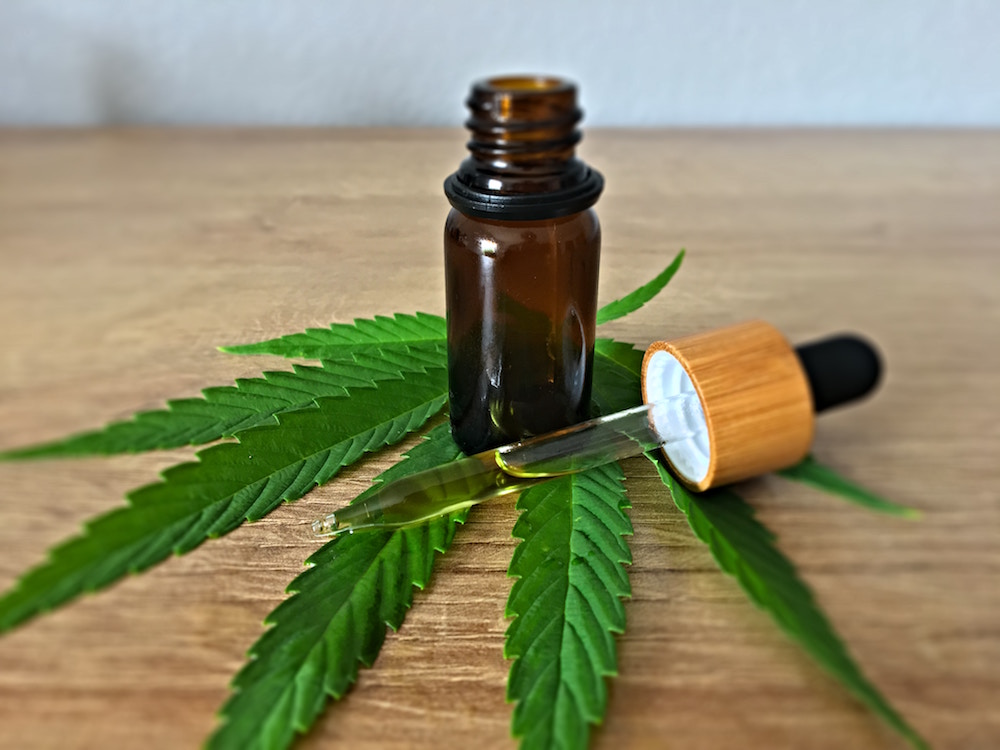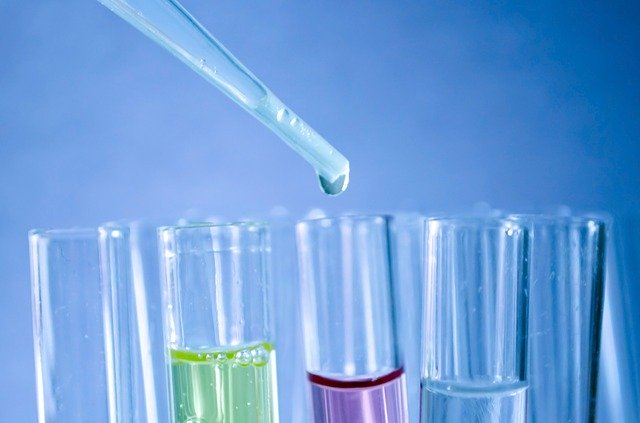Antibiotic resistance is a growing concern as bacteria develop the means of fighting the drugs once meant to kill them. Antibiotic-resistant bacterial infections can be challenging or even impossible to treat, often requiring long hospital stays and expensive or dangerous alternatives. In the search for new and effective antibiotics, researchers believe they have found an unexpected option: cannabidiol (CBD), the primary non-psychoactive compound in cannabis.
According to new research, CBD is incredibly effective at killing strains of bacteria in lab settings. In a study conducted by researchers at the Institute for Molecular Bioscience’s Centre for Superbug Solutions at the University of Queensland, CBD was found to be effective against several types of bacteria that are responsible for some of the most serious infections, including Streptococcus pneumoniae and Staphylococcus aureus.
Cannabidiol appears to have active antimicrobial activity and it might also help reduce tissue damage caused by the inflammation response to an infection. CBD, already approved by the FDA to treat a type of epilepsy, is currently being studied for the treatment of a variety of other conditions such as inflammation and anxiety.
The potency of CBD in the lab setting was comparable to common antibiotics daptomycin and vancomycin, but CBD was effective when exposed to bacteria resistant to those two drugs. It was even shown to effectively disrupt biofilms, or a physical buildup of bacterial cells (such as MRSA), which are responsible for chronic diseases like cystic fibrosis and endocarditis, and typically highly resistant to antibiotics.
Cannabidiol doesn’t even appear to induce resistance, a concern that would otherwise create a major roadblock in its eventual approval as an antibiotic. Antibiotic resistance occurs as a result of random mutations to the genetic code of the bacteria. This allows the bacteria to survive and pass on the mutation. Even under extended exposure to conditions that are likely to lead to resistance against commonly prescribed antibiotics, CBD remained effective. Researchers caution, however, that resistance would eventually occur, as has been the case for every antibiotic ever used.
While CBD showed astonishing promise in laboratory settings, it wasn’t effective against all types of bacteria. It worked very well against S. aureus, for example, which is a Gram-positive strain that does not have an outer membrane, making it easier to treat.
Nonetheless, researchers still aren’t exactly sure how cannabidiol works against bacteria. According to Dr. Mark Blaskovich, who led the research team in the study and collaborated with the drug discovery firm Botanix Pharmaceuticals Ltd., CBD may act by damaging the bacterial membrane. He still pointed out that this is not the primary mechanism of CBD’s action, however.
Many common antibiotics like penicillin work to deactivate the enzymes in the cell wall of bacteria, causing it to collapse and die. Two other main actions of antibiotics are interfering with DNA replication or disrupting protein synthesis.
The results of the laboratory testing have been promising but scientists caution that these results are still preliminary. The team is preparing an additional round of trials before moving on to animal testing and eventually human trials.






